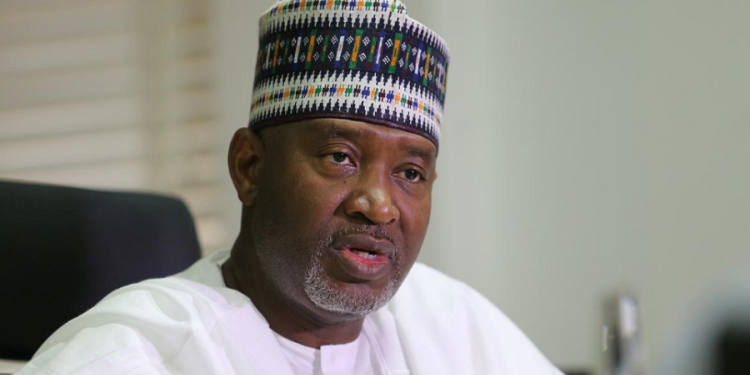They have engaged Mr Femi Falana to challenge the planned concession of the four airports in the country.
The unions insisted that the plan by the Ministry of Aviation and the Federal Airports Authority of Nigeria (FAAN) to concession the airports lacked transparency while other important factors like gratuity and pensions of staff were not put into consideration.
The unions sued the Minister of Aviation (1st defendant and the Federal Airports Authority of Nigeria (FAAN) as the 2nd defendant.
The unions alleged that the 2nd defendant had usurped the statutory duties of the Board of Directors in FAAN with its duties, saying that members of the board were not inaugurated in the past eight years as entrenched in its Act.
Besides, the unions argued that three of the four airports slated for concession; Murtala Muhammed Airport (MMA), Lagos, Aminu Kano International Airport (AKIA), Kano and Port Harcourt International Airport (PHIA), Omagwa were established by the British Government with taxes appropriated from the colony of Nigeria.
The unions also argued that the said airports were transferred to the Federal Government on October 1, 1960, and the government had since been operating them.
The claimants insisted that the plan to concession the four airports was without the approval of the Federal Government, adding that the proposed concession of the airports could not be justified because the terminals required no further investments for the envisaged period of the concession among others. The unions said:
“But without the consent and authority of the Federal Government of the Federation, the defendants have concluded arrangements to concession the Aminu Kano International Airport, Kano, Port Harcourt International Airport, Murtala Muhammed International Airport, Lagos and Nnamdi Azikiwe International Airport, Abuja.
“The proposed concession of the four airports by the defendants cannot be justified on the following grounds: The terminals require no further investments for the envisaged period of the concession.
“The scope of the concession to the surroundings of the terminals, up to FAAN Housing Estates did not consider the assets validation.
“Arbitrary fixing of profit sharing ratio (60:40) in favour of the concessionaire.
“The concession is being undertaken by the Ministry of Aviation and not by the 2nd defendant, which negates the concession Act.”
Besides, the unions alleged that the defendants have decided to ban trade unionism in the aviation industry contrary to the Trade Union Act (CAP T14) Laws of the Federation of Nigeria, 2004.
Also, the unions insisted that the management contract option was more beneficial to the country than a concession, considering that the airports in question were all new.
The unions further claimed that the proposed concession of the airport did not consider the very serious implication of handing such important national security assets over to foreigners, adding that the government also failed to address the payment of severance benefits to its members working in FAAN, along with pension arrears estimated at N150 billion.
It will be recalled that SIFAX Group of Companies Limited, one of the bidders for the concession of the Murtala Muhammed International Airport (MMIA) had last December approached a Federal High Court in Lagos to disqualify Tav Airports Holding Company and GMR Airport Limited.
The group stated that both firms owned by the same company, Airport De Paris, ADP, submitted separate bids for MMIA and were shortlisted for the next concession phase.
ALSO READ:Nigeria Ranks 8th In List Of Countries With Worst Terrorism Impact
Sifax, in its submission to the court, contended that this breached the “specific precept of the RFQ,” which states that no applicant is entitled to bid for any specific assets twice under any guise or form.
The plaintiff sued the Attorney-General & Minister of Justice of Nigeria, the Federal Government of Nigeria and the Minister of Aviation, NAHCO Aviance Plc, the Infrastructure Concession Regulatory Commission, ICRC, Tav Airports Holding and GMR Airport as the 1st to 7th defendants.












